Foraging Tours, Walks, Classes, and Groups (Updated for 2024)
The list below has been curated to include only those groups and foragers that schedule regular events and are currently active. Please email us about any broken links or incorrect links so we can keep the list updated. If you offer classes or scheduled foraging events feel free to contact us about being added to the list.- eattheplanet.org@gmail.com
Search United States or Canada or United Kingdom
A message from EatThePlanet.org: "We are happy you found us! We strive to be informative and accurate. Enjoy what you find here! Take a look at our new downloadable pdf eBook A Complete Guide To Foraging. We put a lot of work into this eBook and are very excited to share it with you." - Joe Forager(Owner)
1. Eat The Planet
Owner Joe Ross (aka “Joe Forager”) has been foraging in Connecticut for over 20 years. He created this website to help make foraging more accessible to people around the US and beyond. Joe is now offering in-person classes locally in Connecticut. Eat The Planet focuses on building plant and mushroom identification as a foundation for foraging.
- More information: https://eattheplanet.store/
- Contact: eattheplanet.org@gmail.com
- Events Schedule: https://eattheplanet.store/
2. Connecticut Foraging Club
Connecticut Foraging Club offers monthly free walks, as well as foraging classes, from March-November. They meet in various locations throughout Connecticut. To learn about upcoming events, you can go to their Facebook page or email shroomsofct@gmail.com to join the email list.
- More information: https://www.facebook.com/Connecticut-Foraging-Club-102337615248927/
- Contact: shroomsofct@gmail.com
- Facebook: https://www.facebook.com/Connecticut-Foraging-Club-102337615248927/
- Instagram: ct_foraging_club
3. Amelia South, Black Sun Farm
Amelia teaches group workshops as well as doing private foraging tours. You can schedule a private group event or she can come to your property and show you all the edible and medicinal plants growing right in your own backyard! You can also add a food making or medicine making demonstration to your workshop or event. Amelia has been foraging wild foods since 2006 and has been a Practicing Herbalist since 2018. She grows a wide variety of herbs and makes handcrafted herbal remedies on her small farm in Eastern Connecticut.
- More information: https://blacksunfarmct.com/foraging/
- Contact: amelia@blacksunfarmct.com
- Events Schedule: (Get a Free Quote) https://blacksunfarmct.com/foraging/
- Tik Tok! @theoriginalmealchan , Facebook: @blacksunfarmct , Instagram: @blacksunfarm
4. “Wildman” Steve Brill
Steve Brill is tagged as one of the most famous men in the field of foraging. He conducted foraging tours in places like Manhattan, Brooklyn, Queens, Long Island, Connecticut, and New Jersey. Steve Brill taught people what wild edibles, medicinal plants, and mushrooms are and which are beneficial, but often neglected by people.
- More information: https://www.wildmanstevebrill.com/
- Contact: wildman@wildmanstevebrill.com
- Events Schedule: https://www.wildmanstevebrill.com/tour-calendar
5. Russ Cohen
Russ Cohen is a naturalist and food enthusiast. His love for wild edible plants started way back when he was in high school. Foraging walks and classes are being conducted by Russ Cohen in most parts of New England. He authored the book Wild Plants I Have Known…and Eaten.
- More information: http://users.rcn.com/eatwild/bio.htm
- Contact: eatwild@rcn.com
- Events Schedule: http://users.rcn.com/eatwild/sched.htm
6. Berkshire Mycological Society
Berkshire Mycological Society is a club about foraging wild mushrooms. They conduct walks around Massachusetts, areas around Connecticut, and New York. The members of this club meet at 10 a.m. every Sunday and they gather and identify mushrooms.
- More information: http://www.bms.iwarp.com/index.html
- Contact: myco260@gmail.com
- Events Schedule: Berkshire Mycological Society Homepage (iwarp.com)
7. Connecticut Valley Mycological Society
Connecticut Valley Mycological Society was founded in 1975. It is located in the northeast of CT. CVMS offers foraging tours and classes with a focus on mushrooms for the following reasons: mushrooms as a form of food; mushrooms as the focus of fungi study, and mushrooms as a form of art.
- More information: http://cvmsfungi.org/index.html
- Contact: membership@cvmsfungi.org
- Events Schedule: http://cvmsfungi.org/news.html
- Social Media: https://www.facebook.com/groups/256342771155387/
8. Connecticut-Westchester Mycological Association
Connecticut Westchester Mycological Association (COMA) was established in 1975. COMA’s most common locations for walks are Westchester County, Southern Connecticut, and sometimes Rockland County. This association conducts walks and lectures. They encourage interest and further study of mushrooms. You can also learn about trees, flowers, birds and many more.
- More information: http://www.comafungi.org/
- Contact: taro@ietaka.com
- Events Schedule: http://www.comafungi.org/calendar/
9. South Shore Foragers
South Shore Foragers is a group whose focus is on sharing information and adventures about local foraging. Located in Middleborough, MA. They offer foraging tours and casual hiking activities.
- More information: https://www.facebook.com/pg/SouthShoreForagers
- Contacts: ericjmccracken@verizon.net
- Events Schedule: https://www.facebook.com/pg/SouthShoreForagers/events
10. The 3 Foragers
The 3 Foragers are Robert, Karen, and Gillian. Originally, these people are from Norwich, CT. They conduct talks and classes about foraging wild food, eating weeds, wild edible plants, fungi, wild mushrooms and sometimes eating invasive plants.
- More information: http://the3foragers.blogspot.com
- Contact: kraczewski@comcast.net
- Events Schedule: https://www.facebook.com/pg/The-3-Foragers-118852208201771/events/?ref=page_internal
- Social Media: https://www.facebook.com/The-3-Foragers-118852208201771/
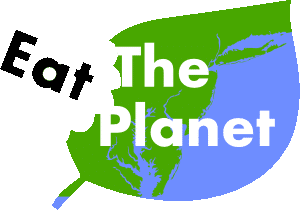
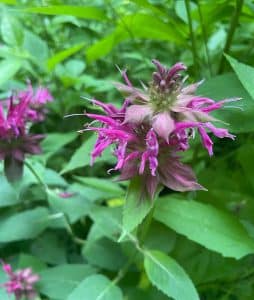
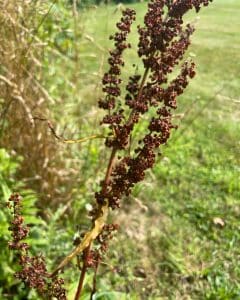
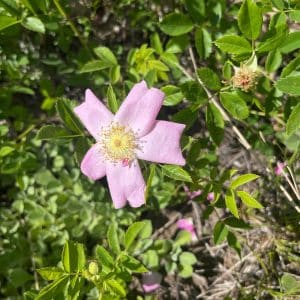
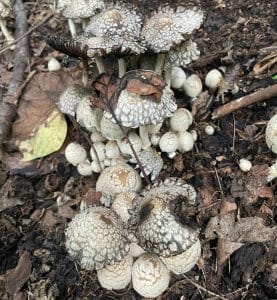
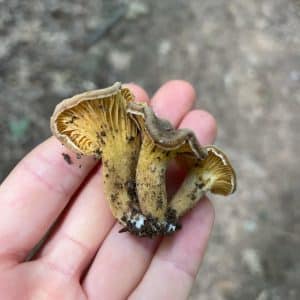
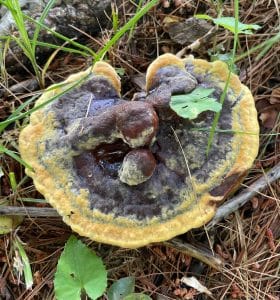
2 Responses
Please contact me about teaching a course on mushrooms/mushrooming at Wesleyan University for an adult ed class in spring 2023
Richard
203.530.9811
Can you let me know if you find someone to teach? I would like to come to class. Grasshopper 111@yahoo.com
Thank you, Dande’